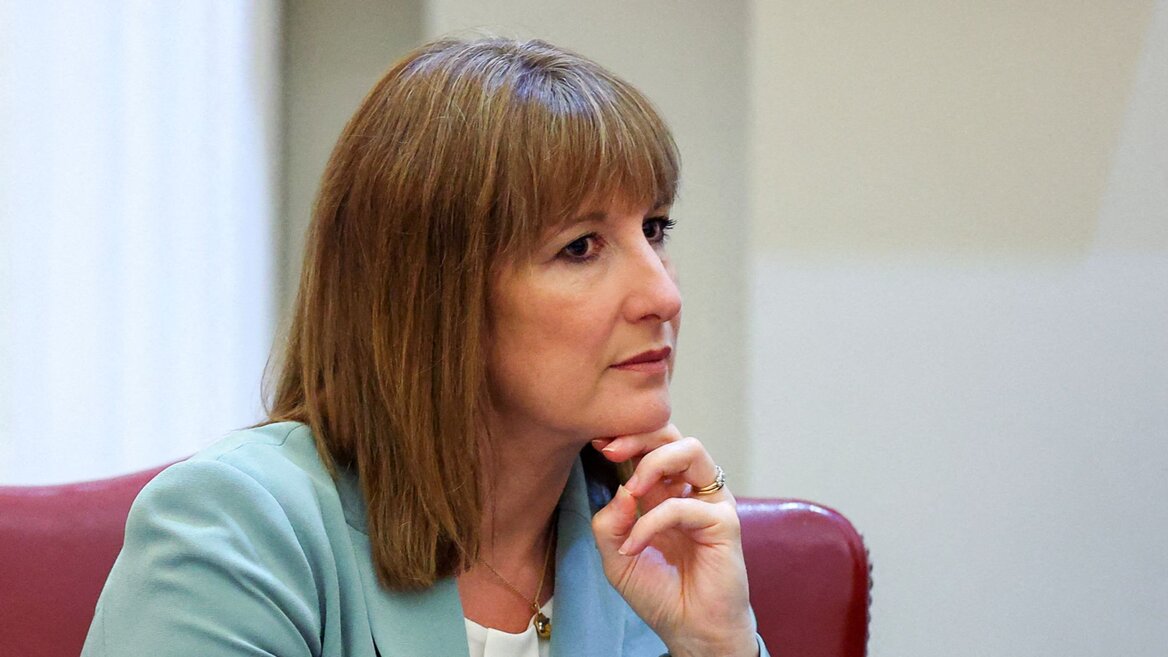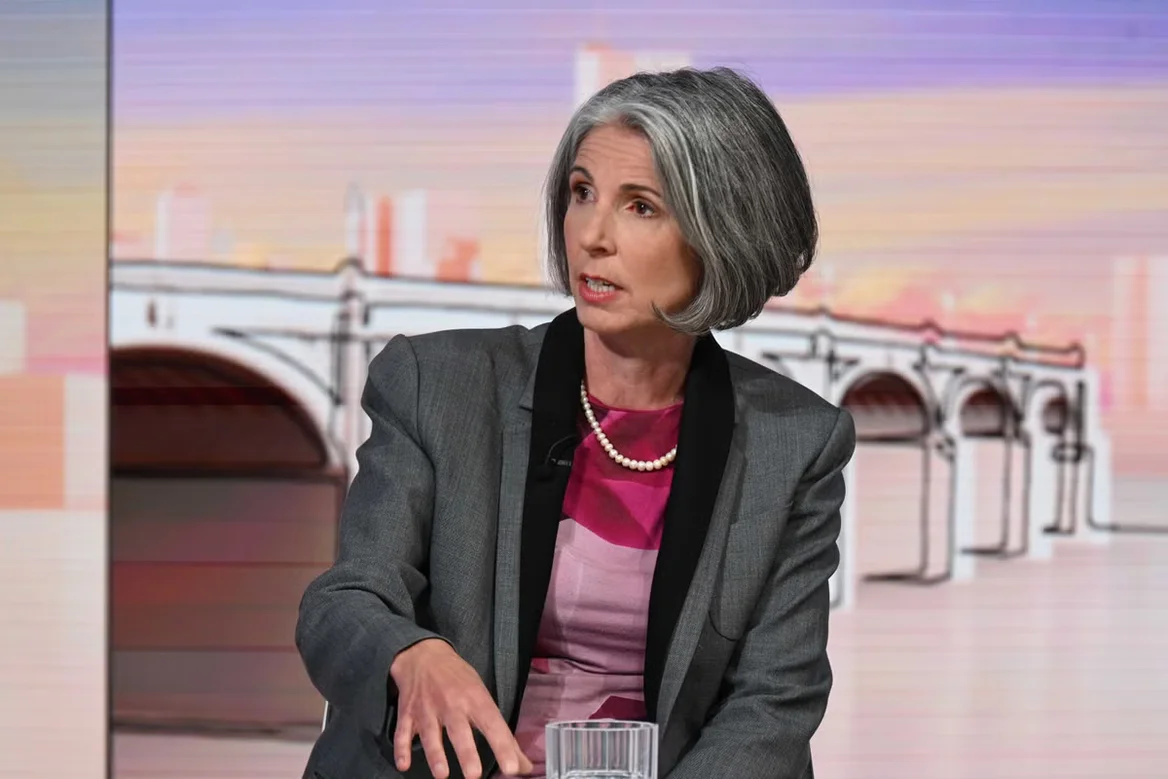Chancellor Rachel Reeves is facing mounting pressure to revisit Labour’s tax pledges as critics warn that outdated structures are holding back economic growth. Business leaders argue that the government’s upcoming budget must deliver more than short-term fixes, calling for deep reforms to business rates, VAT thresholds, and stamp duty.
Rain Newton-Smith, chief executive of the Confederation of British Industry (CBI), said Reeves’ autumn budget must go beyond manifesto promises written 18 months ago, insisting that today’s economy demands a fresh approach. She cautioned that businesses, already contributing record sums to the Treasury, cannot shoulder further tax hikes without stifling investment and job creation.
With the chancellor preparing her November statement, expectations are high for policies that balance fiscal responsibility with an ambitious growth plan. As Newton-Smith put it: “The time for tinkering is over. We need commitment to the vision, reform and delivery, delivery, delivery.”
Businesses bearing the weight of rising taxes
Newton-Smith highlighted that companies paid £308 billion in tax last year, enough to cover combined budgets for the NHS, schools, and defence. Businesses now shoulder 30 per cent of the national tax bill the highest share since 1998 rising to 32 per cent this year as employers pay an additional £24 billion in National Insurance contributions.
She warned that further increases would contradict Labour’s own pledges and risk leaving the UK with “a growth plan in name only.” Profit, she stressed, is not “a dirty word” but essential for funding pay rises, investment, and job creation.
Regulation concerns stalling hiring
Alongside taxation, new regulations are also weighing heavily on employers. Newton-Smith singled out the government’s proposed employment rights bill, arguing that its current design adds “cost and complexity.” Some businesses have already paused recruitment, fearing it will become harder to bring people back into the workforce.
She urged ministers to refine the bill so it supports, rather than hinders, shared goals of higher employment and productivity. “Sectors critical for job creation often run on low margins and feel cumulative tax rises and unwieldy regulation more sharply,” she said.
Why tax reform, not rises, is the focus
Business groups are calling for strategic reforms to improve efficiency rather than additional levies. They argue that the current structure not just the rates is the problem.
- Business rates: said to discourage investment in property and equipment.
- VAT threshold: accused of disincentivising small firms from scaling up.
- Stamp duty: blamed for restricting labour mobility, making it harder for people to move for work.
Newton-Smith said these long-standing barriers must finally be addressed: “Many plausible answers have been in the ‘good idea but too difficult’ box for too long. Now is the time to fix things we know have long been broken.”

Long-term vision over short-term fixes
Labour came to power promising stability and long-term planning after years of political turmoil. Businesses now want that vision translated into policy. Reeves has been reminded that manifesto commitments drafted before significant global shifts from geopolitical upheaval to energy market volatility may no longer fit the current landscape.
Newton-Smith warned against “short-term solutions that risk us getting stuck in a cycle between fiscal events,” urging instead for a lasting strategy that empowers enterprise and supports national ambitions.
The bigger economic picture
Despite the pressures, Newton-Smith emphasised that the UK’s potential remains strong. She pointed to world-leading universities, the global reputation of the life sciences sector, and the strength of financial services as reasons for optimism.
“The UK has everything it needs to steal a march on competitors,” she said, “but only if we act fast and decisively now.”

Political and environmental backdrop
Beyond tax policy, the article also placed Labour’s choices within a wider context. Across the globe, progress on climate goals is facing pushback from far-right governments, fossil fuel interests, and corporations. A US administration openly hostile to green commitments has emboldened resistance.
The Guardian, which originally reported these remarks, used the moment to underline its role in holding power to account, highlighting that it does not accept fossil fuel advertising and relies on reader support to fund independent journalism.
Final Summary
Reeves urged to prioritise tax reform.
Rachel Reeves’ first major budget as chancellor is shaping up to be a defining moment for Labour’s economic credibility. With businesses already shouldering a record share of tax and facing new regulatory costs, the call is clear: reform outdated structures, don’t simply raise rates. By tackling business rates, VAT thresholds, and stamp duty, the government could unlock investment, boost employment, and improve living standards across the UK.
At Pie, we know how much tax policy directly impacts people’s lives from the self-employed contractor to the PAYE worker who might be missing out on tax reliefs. Just as businesses need a fair, simplified system to thrive, so do individuals. That’s why our mission is to help everyone claim what’s theirs, cut through the jargon, and make tax less of a burden.
As Newton-Smith concluded, only bold and decisive action will ensure that Labour delivers not just political change, but real economic renewal. And at Pie, we’ll continue doing our part — making tax simpler, smarter and fairer for the people.











